Fuente: CTERA / 7 de junio de 2016
«Uno de los objetivos centrales de la Ctera es tratar de incidir en que las políticas públicas se orienten a cumplir plenamente con el derecho social a la educación.
Esa conducta histórica nos pone hoy ante el desafío de obtener la sanción de una nueva Ley de Financiamiento Educativo, ya que la actualmente vigente es insuficiente para poder alcanzar las metas que marca la Ley Nacional de Educación, cuyos propósitos cuentan con un consenso absolutamente mayoritario en nuestra sociedad.
Ese mandato histórico merece una breve reseña de la lucha de la Ctera por el financiamiento educativo. En 1992, producto de una carta de intención que firmó el gobierno de Carlos Menem con el FMI, el Estado nacional transfirió la educación a las provincias, pero no así los recursos para su financiamiento. Esto derivó en el desmembramiento del sistema educativo, lo que dio inicio, además, a una disparidad en la calidad de la enseñanza y el aprendizaje entre las provincias que tenían mayor presupuesto y las más débiles económicamente. Este desfasaje incluyó diferencias salariales y de condiciones de trabajo que hasta entonces no existían. Con la progresión de la crisis de los ‘90 muchas provincias comenzaron a pagar con bonos y luego ni eso. En 1997 siete provincias no pagaban los salarios a sus docentes, lo que hizo que la educación de niños y jóvenes se viera fuertemente afectada.
El desfinanciamiento de la educación nos llevó a montar la histórica Carpa Blanca frente al Congreso de la Nación para llamar la atención de todos los argentinos sobre la grave situación por la que pasaba nuestra educación. Nuestros reclamos encontraron eco en 2005 cuando se sancionó la Ley de Financiamiento Educativo (Nº 26.075). Por entonces el presupuesto para educación apenas superaba el 3 por ciento del PBI. La ley dispuso un aumento gradual del porcentaje hasta llegar al 6 por ciento del PBI, meta que se alcanzó en 2010 y que fue superada en años posteriores.
Poco después fue sancionada otra norma fundamental, largamente demandada por los docentes: la nueva Ley Nacional de Educación (Nº 26.206), que dispuso la obligatoriedad de la escuela secundaria y de la sala de 5 en el nivel inicial y la universalización de la sala de 4 (que también comenzó a ser obligatoria en 2015). Alcanzar esos objetivos demanda una mayor inversión. Y también lo requiere el cumplimiento de otras normativas dispuestas luego de la sanción de la Ley de Financiamiento Educativo en 2005, como la jornada completa o extendida en el 30 por ciento de las escuelas y la formación docente permanente y en ejercicio. Tenemos por delante la inminente obligatoriedad de la sala de 3, bajar la tasa de sobreedad en la escuela primaria, mejorar las tasas de egreso en la secundaria, la creación de equipos de orientación escolar, tutorías, la enseñanza de una segunda lengua, la erradicación definitiva del analfabetismo, la incorporación de nuevas tecnologías y conectividad en todas las escuelas, la organización escolar con un máximo de 25 alumnos por curso, la integración plena de alumnos con discapacidades, entre otros. Para eso se necesitan más docentes, más aulas, más insumos, más infraestructura. También para la jerarquización de la carrera docente es necesario un salario que permita vivir con un sólo cargo que comprenda horas áulicas y horas pagas para el resto de las tareas pedagógicas, terminando además con el régimen laboral de los profesores “taxi”, que tanto dificulta el vínculo pedagógico con los alumnos.
Es por eso que pondremos a consideración de la sociedad argentina un nuevo proyecto de Ley de Financiamiento Educativo, que ya fue presentado en el Congreso de la Nación en noviembre de 2015 por la entonces diputada Adriana Puiggrós y que cuenta con estado parlamentario hasta fines de este año. Allí proponemos que la inversión en educación comience a aumentar año a año hasta alcanzar el 8 por ciento del PBI para la educación obligatoria y el 2 por ciento del PBI para la educación superior. Es decir, un total del 10 por ciento del PBI. El proyecto también contempla que se invierta la proporción de los aportes del Estado nacional y de las provincias, que actualmente llevan el mayor peso ya que sostienen el 60 por ciento del financiamiento.
Si queremos apostar a una educación pública de calidad y que otorgue igualdad de oportunidades a todos los niños y jóvenes de nuestro país, qué mejor oportunidad que el año del Bicentenario de nuestra Independencia para dar ese salto cualitativo con la sanción de una nueva Ley de Financiamiento Educativo.»
Enlace original: http://www.ctera.org.ar/index.php/general/notas-de-opinion/item/2222-una-nueva-ley-para-financiar-la-educacion-nota-de-opinion-de-sonia-alesso-secretaria-general-de-ctera-publicada-en-pagina-12-el-23-de-mayo-de-2016
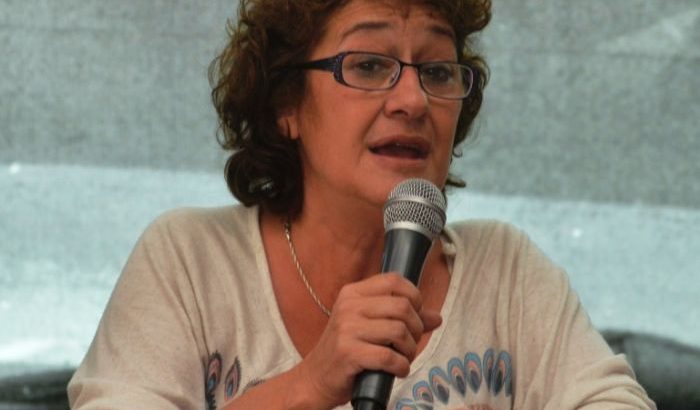
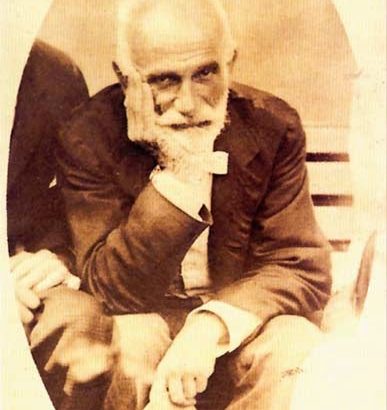


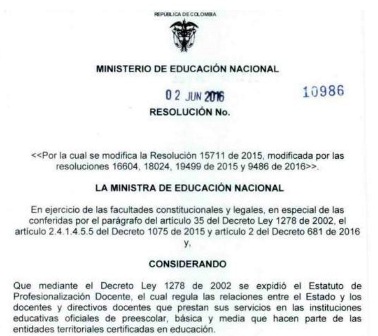
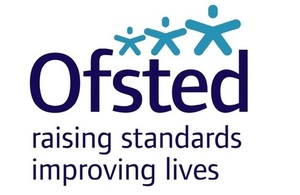
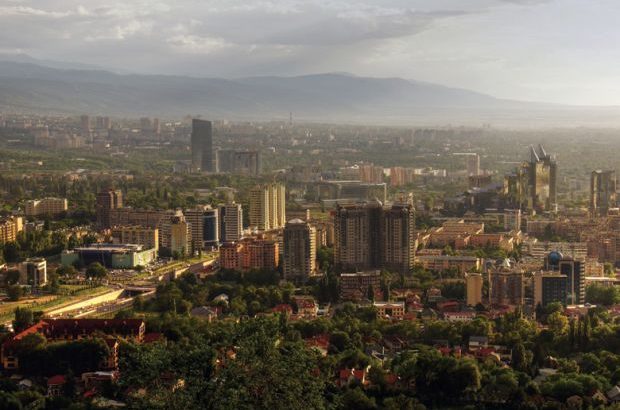






 Users Today : 35
Users Today : 35 Total Users : 35460620
Total Users : 35460620 Views Today : 91
Views Today : 91 Total views : 3419640
Total views : 3419640